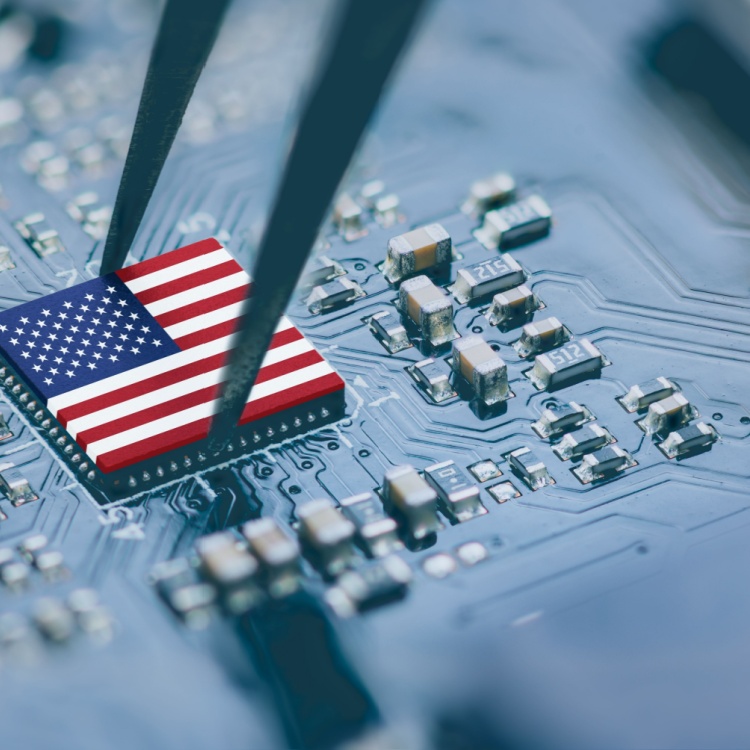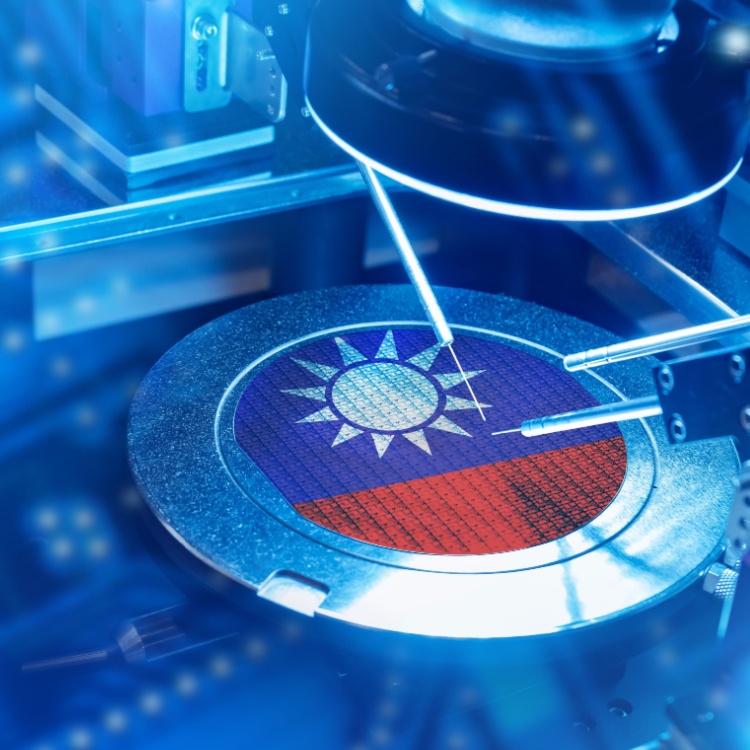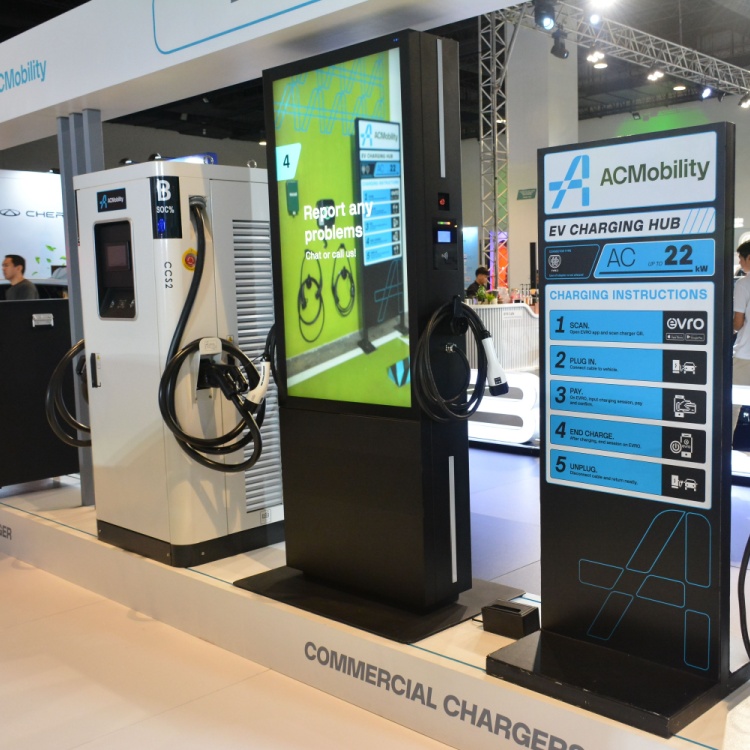Yes, They’re Cheap but Are They Good?
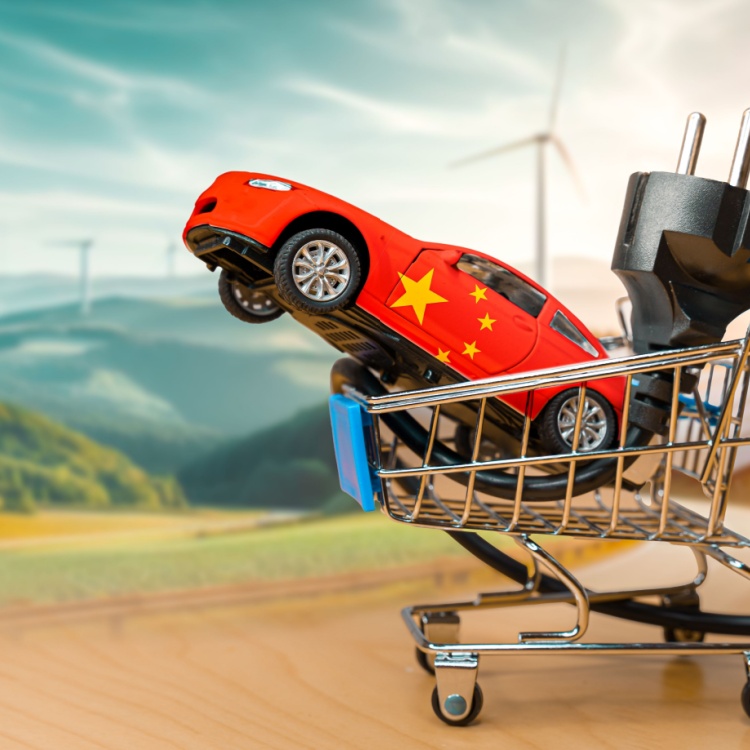
The EV industry is experiencing some very interesting developments (as well as tensions) in 2024.
There is a great amount of pressure on OEMs to manufacture electric vehicles because of the automotive industry’s effort to reduce global carbon emissions. Many auto manufacturers have made significant investments towards EVs, working with other entities and governments to build the infrastructure to support EVs.
The biggest catch is: are consumers ready to buy EVs?
While OEMs attempt to massively roll out EVs that are affordable to their consumers, many car owners, especially those in the U.S., are conflicted about it.
On the one hand, many American car owners understand the imperative to switch to greener vehicles. On the other, most of them still find American-made EVs price points to be prohibitive.
The price range for EVs in the U.S. goes from $25,000 to $100,000. The Chevrolet Bolt, one of the more popular and affordable entry-level EV models (priced at $26,000) that came out in the market was discontinued in 2023. EV sedan models usually play in the $25,000-$30,000 price range, with SUVs soaring into the hundreds.
Many consumers are reluctant to pay double for the EV version of a conventional ICE vehicle. That is until they see cheaper, more affordable EVs from China.
(Also Read: EVs Should Be a Reality for All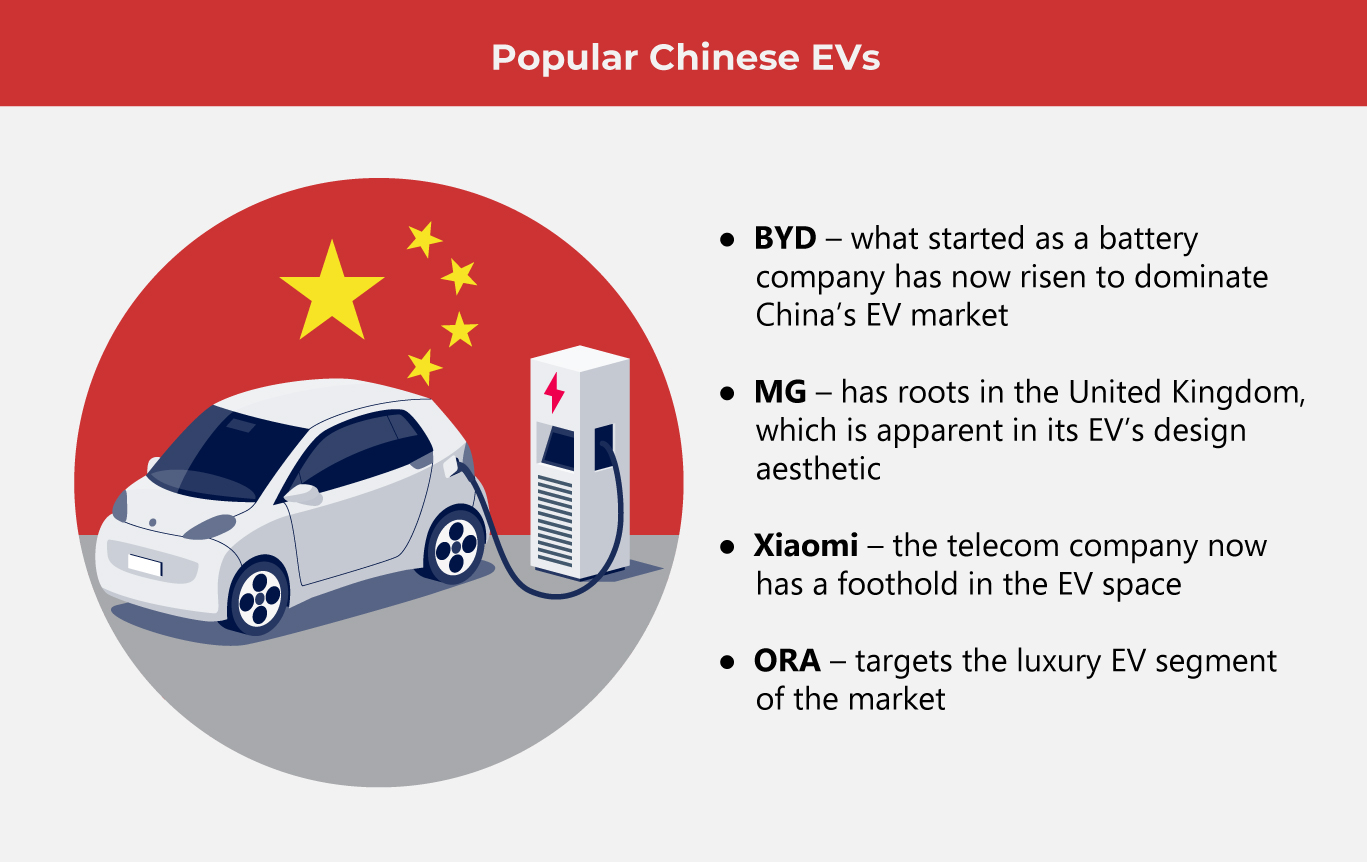 A month before U.S. President Biden announced increasing tariffs for EVs, batteries, and critical minerals from China, National Public Radio (NPR) did a feature on Chinese-manufactured EVs and the frustration and conflict some American car owners feel about not being able to purchase these in the U.S., as well as conflicting feelings they have toward these cheaper EVs.
A month before U.S. President Biden announced increasing tariffs for EVs, batteries, and critical minerals from China, National Public Radio (NPR) did a feature on Chinese-manufactured EVs and the frustration and conflict some American car owners feel about not being able to purchase these in the U.S., as well as conflicting feelings they have toward these cheaper EVs.
These consumers mentioned the high tariffs set for Chinese EVs (which are set to double this year) as a main choke point for their frustrations. However, when asked whether they might consider buying a Chinese-manufactured EV with a price tag well below the $25,000 mark, some did not hesitate.
Chinese EVs: Why are they cheaper?
There are primarily three big reasons why China can manufacture EVs and sell them at lower prices to the global market.
Government support and subsidies are the biggest ones. Chinese EV manufacturers have their government’s support in building plants and factories for manufacturing EVs. Chinese automakers have been provided cheap loans on land for building these plants. There is a marked push for China to excel in the EV space, so the EV industry has government support.
China also has a large advantage when it comes to EV batteries. The largest battery maker in the world, Contemporary Amperex Technology Co Limited (CATL) is located in China. Most Chinese automakers manufacture their batteries in-house. China dominates the mining of critical minerals needed to create the batteries that make EVs run. These critical minerals (graphite, manganese, iron, and others) may not strictly be mined out of the country, but China does own mines around the world. And the main country where these minerals are refined? China. Of course.
Car owners in China find it easier to switch to EVs than their American counterparts because of how affordable these are. Government subsidies don’t hurt, either. The purchase of an EV in China is incentivized with significant tax breaks for the consumer.
China’s innovative development is also growing at a rapid clip. This is also thanks to the support received from their government, which is making innovation and intelligence a priority. However, the country’s practices when it comes to intellectual property are often called into question.
Head-to-head with American OEMs
In 2011, Elon Musk laughed off Chinese EVs from a company called BYD. “Have you seen their cars?” he said. Back then, Musk did not see Chinese EVs as competitors for Tesla because he didn’t think their manufacturing was on a par with his company’s.
Today, BYD (Build Your Dream) is the leading EV manufacturer in China, and their EVs are taking over the global market, going head-to-head with Musk’s Tesla in terms of EV sales. The manufacturing Musk mocked over a decade ago has since catapulted the automaker into the global spotlight.
AlJazeera shared a February 2024 report from market research firm TrendForce showing that five Chinese manufacturers hold three out of the five top spots for global market share, with BYD leading at 17%. Tesla currently holds the first spot at 19.9%. Does Musk still think BYD is no competition in 2024?  As one of the Top 20 EMS companies in the world, IMI has over 40 years of experience in providing electronics manufacturing and technology solutions.
As one of the Top 20 EMS companies in the world, IMI has over 40 years of experience in providing electronics manufacturing and technology solutions.
We are ready to support your business on a global scale.
Our proven technical expertise, worldwide reach, and vast experience in high-growth and emerging markets make us the ideal global manufacturing solutions partner.
Let's work together to build our future today.
Other Blog
